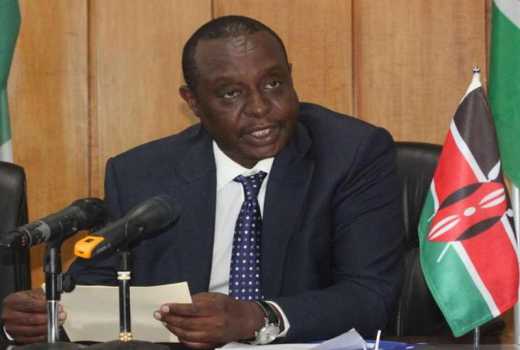×
The Standard e-Paper
Join Thousands Daily

Kenya may have to put more development projects on the back burner as the Government struggles to raise a staggering Sh4 trillion to repay debt over the next five years.
Going by the National Treasury’s budget estimates for the upcoming 2018/19 financial year, the country faces an uphill task to pay off piling debt amid struggles by Kenya Revenue Authority (KRA) to meet its tax collection targets.